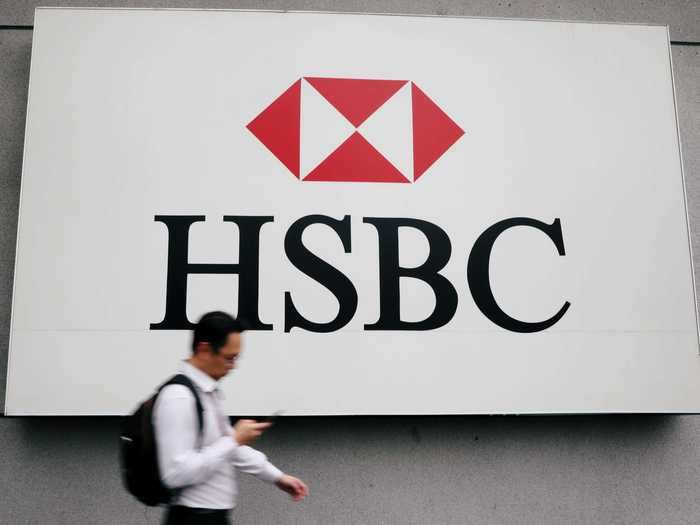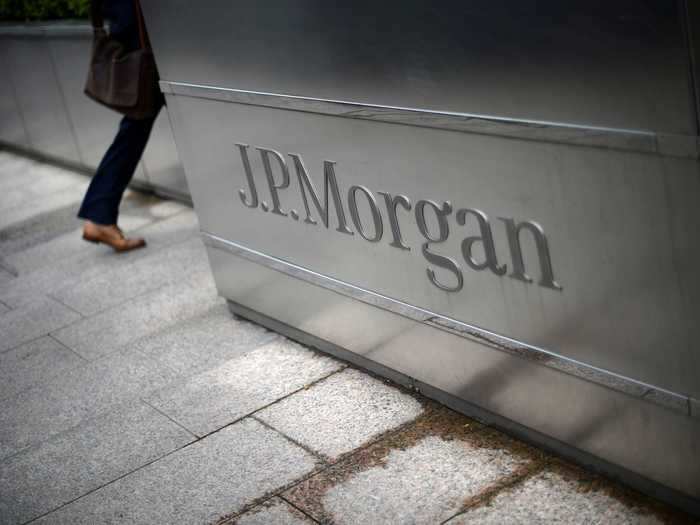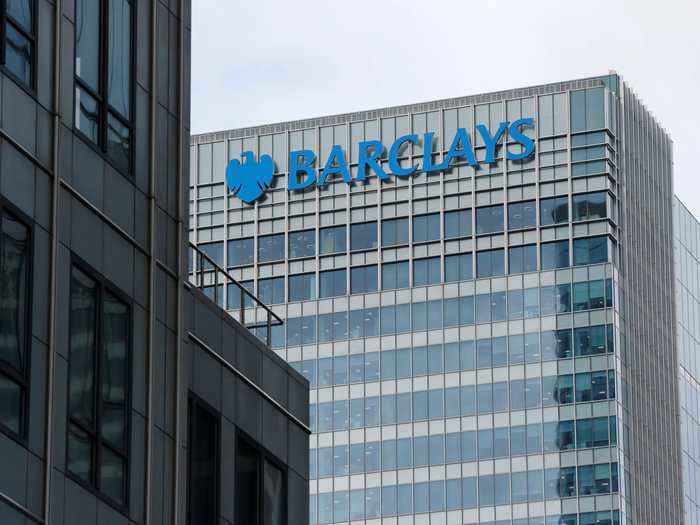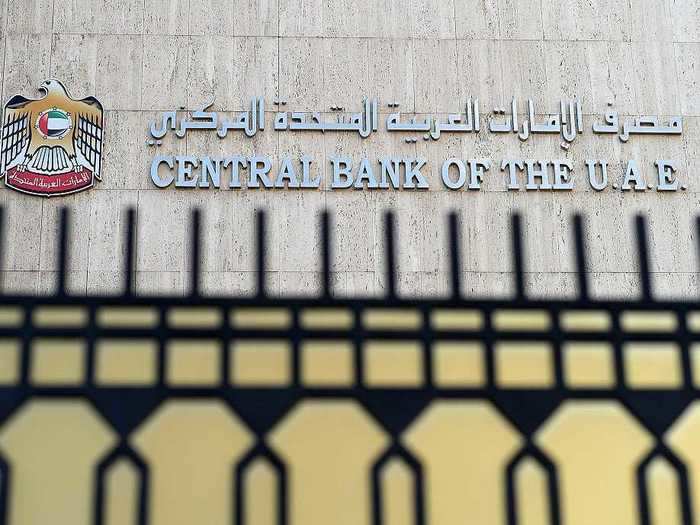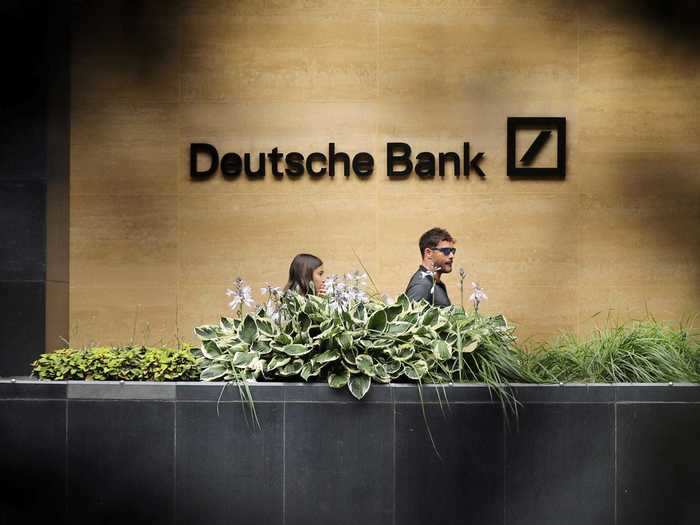JP Morgan Chase & Co sign outside headquarters in New YorkReuters
- Thousands of leaked documents from the Financial Crimes Enforcement Network were shared with hundreds of journalists, revealing how big banks have for years engaged with dirty money.
- The agency, which operates under the Treasury Department, compiles "suspicious activity reports" when it detects potential or evident financial crimes.
- Banks such as JPMorgan Chase, HSBC, and Deutsche Bank facilitated the movement of criminal money even after getting caught, the agency reported.
Thousands of leaked documents shared with hundreds of journalists reveal how some of the world's biggest banks have for years facilitated the movement of dirty money.
The documents are part of a collection of files that belongs to the Financial Crimes Enforcement Network, an agency operating under the Treasury Department to detect and prevent financial crimes, and were first published by Buzzfeed and the International Consortium of Investigative Journalists.
The agency is in charge of compiling "suspicious activity reports" when it detects potential or evident financial crimes. The documents are distributed and shared with law enforcement and financial intelligence groups around the world, but the agency does not force banks engaging in financial crimes to stop, BuzzFeed News, which obtained the leaked documents, reported.
The report said banks such as JPMorgan Chase, HSBC, and Deutsche Bank, among others, engaged with and facilitated the movement of criminal money even after getting caught.
The files detail movements and transactions for almost two decades, starting from 2000 and continuing into 2017.
"These documents, compiled by banks, shared with the government, but kept from public view, expose the hollowness of banking safeguards, and the ease with which criminals have exploited them," Buzzfeed reported. "Profits from deadly drug wars, fortunes embezzled from developing countries, and hard-earned savings stolen in a Ponzi scheme were all allowed to flow into and out of these financial institutions, despite warnings from the banks' own employees."
Here are some of the biggest revelations to come out of the bombshell report:
A Ponzi scheme to move millions of dollars around the world
A man walks past a logo of HSBC at its headquarters in Kuala Lumpur.
Reuters
HSBC allowed fraudsters involved with WCM777, a Ponzi scheme, to move millions of dollars around the world, the BBC reported.
The bank was notified by US investigators that the business was a scam, but fraudsters working with WCM777 were still able to move around more than $15 million. At the time of notice, WCM777 was barred from conducting business in three states.
The Ponzi scheme that ran out of WCM777 victimized thousands of Asian and Latino immigrants, according to the BBC and BuzzFeed News, targeting poor communities in various nations around the world.
Read the full report from the BBC here.
Big banks processed huge transactions affiliated with a politician wanted by Interpol
A man walks into the JP Morgan headquarters at Canary Wharf in London.
Reuters
JP Morgan Chase, along with Bank of America, Citibank, and American Express, processed huge transactions affiliated with a former Kazakhstan mayor wanted by Interpol, BuzzFeed News reported.
The family of Viktor Khrapunov used JP Morgan Chase to handle millions of dollars in transactions. Khrapunov, the former mayor, ran off to Switzerland but Kazakhstan attached to his charges of bribe-taking, among others.
Putin associate used a big bank to evade sanctions and launder money
A Barclays bank office is seen at Canary Wharf in London.
Reuters
A close associate of Russian President Vladimir Putin used Barclays Bank as a way to avoid sanctions and launder money, the BBC reported.
The United States and the European Union in 2014 imposed sanctions on Arkady Rotenberg, a billionaire close to Putin, restricting him from conducting business with Western banks.
Barclays has not admitted any wrongdoing.
Read the full report from the BBC here.
$142 million worth of suspicious transactions
Central Bank of The U.A.E. in Dubai, United Arab Emirates.
Tom Dulat/Getty Images
The United Arab Emirates' central bank in 2011 and 2012 processed $142 million, despite the transactions being labeled as suspicious, the BBC reported.
A British bank noted the activity, flagging it out of suspicion. But the Gunes General Trading, the firm responsible for pushing the transactions through the central bank, continued to use local financial institutions to process them.
Read the full report here.
Movement of money for organized crime, terrorists, and drug traffickers
FILE PHOTO: People walk past a Deutsche Bank office in London.
Reuters
Deutsche Bank facilitated the movement of money for organized crime, terrorists, and drug traffickers, according to BuzzFeed News.
Managers and top executives at Deutsche Bank knew that the bank was susceptible to criminals seeking money laundering services, according to documents reviewed by BuzzFeed News.
When reached for comment, the bank said it's "learnt from our mistakes" and billed itself a "different bank" now.
Read the full report here.

